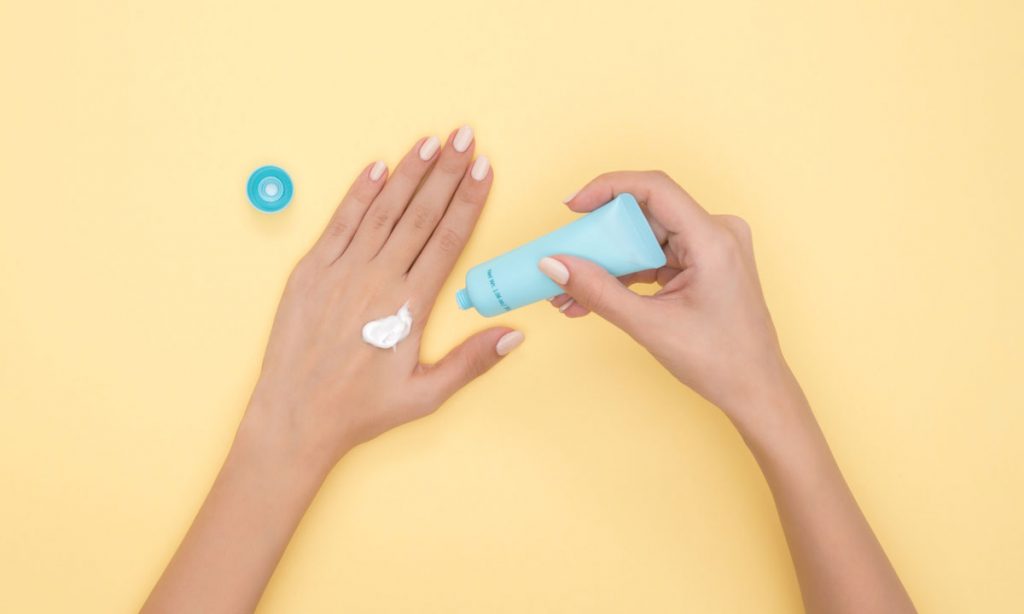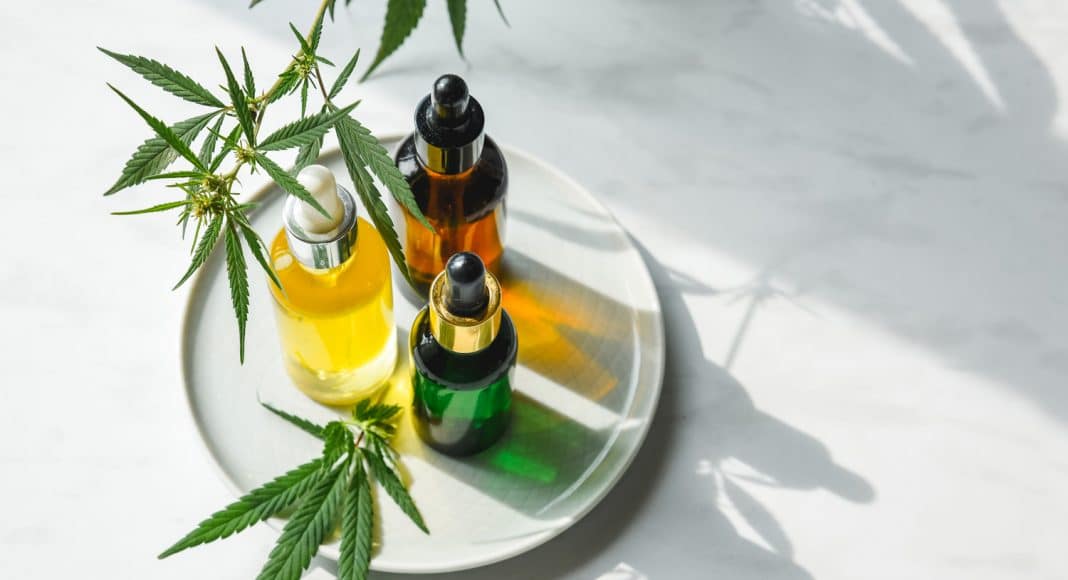Many traditional topicals contain ingredients that would be treated as drugs if accompanied by health or therapeutic claims. These products include but are not limited to essential oils and menthol.
As we have previously discussed, the sale and marketing of hemp-infused cannabidiol (“Hemp-CBD”) cosmetics, such as salves, lotions and creams (collectively “Topicals”), present the lowest risk for businesses wishing to enter this booming industry. We have quite a few clients pursuing this path, from small-batch manufacturers to national retail outlets.
Generally, a Topical may be lawfully sold in interstate commerce if it is not (1) adulterated (i.e., unsafe) or misbranded; and (2) intended to be used as a drug. A drug is defined as an “article[] intended for use in the diagnosis, cure, mitigation, treatment, or prevention of disease (other than food) intended to affect the structure or any function of the body or man or other animals.” Consequently, any Topical marketed as providing therapeutic values will be deemed a drug (possibly a drug and a cosmetic if the product is also advertising as beautifying or cleaning the body) by the Food and Drug Administration (“FDA”).
If you follow our blog, you know that the FDA has taken issue with Hemp-CBD companies that have made health claims about their products. This is because drug products cannot be marketed without having undergone the FDA’s drug approval process. Accordingly, we have repeatedly advised our Hemp-CBD clients to mitigate the risk of enforcement by avoiding any claims about human health in marketing their products. This precautionary measure has proven particularly important for Hemp-CBD Topicals.
RELATED: Why The USDA Testing Rules Will Hurt The Hemp Industry
Indeed, many traditional Topicals (i.e., free of Hemp-CBD) contain ingredients that would be treated as drugs if accompanied by health or therapeutic claims. These products include but are not limited to essential oils and menthol.
Because cosmetics are not as heavily regulated as foods, dietary supplements and drugs, the FDA has taken more limited enforcement actions against cosmetic companies, which seems to have emboldened the cosmetic industry to make certain health claims about its products. Statements such as “get glamorously beautiful and enjoy rejuvenating health with menthol crystals” and “our peppermint oil will help you boost energy and aid digestion” have become common on traditional Topical labels.

Given the common use of the statements on Topical labels, it is only natural for Hemp-CBD companies to assume that such claims are safe and acceptable. However, the agency’s growing concerns towards the use of CBD and its scrutiny of the Hemp-CBD industry, have heightened the risks of enforcement actions against Hemp-CBD companies that are making any health claims, even claims other companies have gotten away with, and that do not address the medicinal values of CBD.
This point is highlighted in some of the warning letters issued by the agency against Topical companies that promoted the therapeutic value of their product ingredients, including essential oils, menthol and CBD. For example, in 2018, the FDA took issue with the following statements made by Signature Formulations LLC:
“Included in the Herbal Muscle Mist formula are menthol and camphor for pain relief, invigoration of tired muscles and joints, and cramps. MSM (methylsulfonylmethane) provides sulfur and methy (sic) groups that are used for healing and repair by our joints and connective tissue. Clove Oil and Sweet Birch Oil may help to stimulate circulation and reduce tension and spasms in muscles. Also included are the essential oils of peppermint and eucalyptus to help reduce inflammation and soothe aching feet and irritated nerves.”
and…
Fast absorbing gel reduces inflammation and pain quickly with triple active ingredients. Our gel combines the natural anti-inflammatory power of CBD with the soothing effects of Camphor and Menthol. CBD Gel helps relieve arthritis pain and sore, overworked muscles.
As the agency explained in the letter, Topicals that contain essential oils and menthol and that are marketed to temporarily relieve minor aches and pains of muscles and joint are treated as over-the-counter (“OTC”) external analgesic drug products. Because OTC external analgesic products are drugs, their use in a product marketed to temporarily relieve minor aches and pains of muscles and joint or other medical conditions violates the Food, Drug and Cosmetic Act.
RELATED: Sorry, But Your CBD Hemp Products Probably Contain Some THC
Note that the same products if free of health claims and strictly advertised to cleanse the body or make a person more attractive would be treated as a cosmetic. Consequently, any Hemp-CBD company wishing to infuse their Topicals with ingredients such as essential oils or menthol have a legal pathway to do so long as they refrain from making any therapeutic claims about their product, to ensure that they remain within the confines of “cosmetics” as defined under federal law. Note that in addition to not being intended as drugs, these products may be lawfully sold and marketed in interstate commerce if they are safe/properly manufacturer and comply with FDA labeling requirements.
For more information on this issue, feel free to contact our regulatory team.
is an attorney at Harris Bricken and this article was originally published on the Canna Law Blog.


